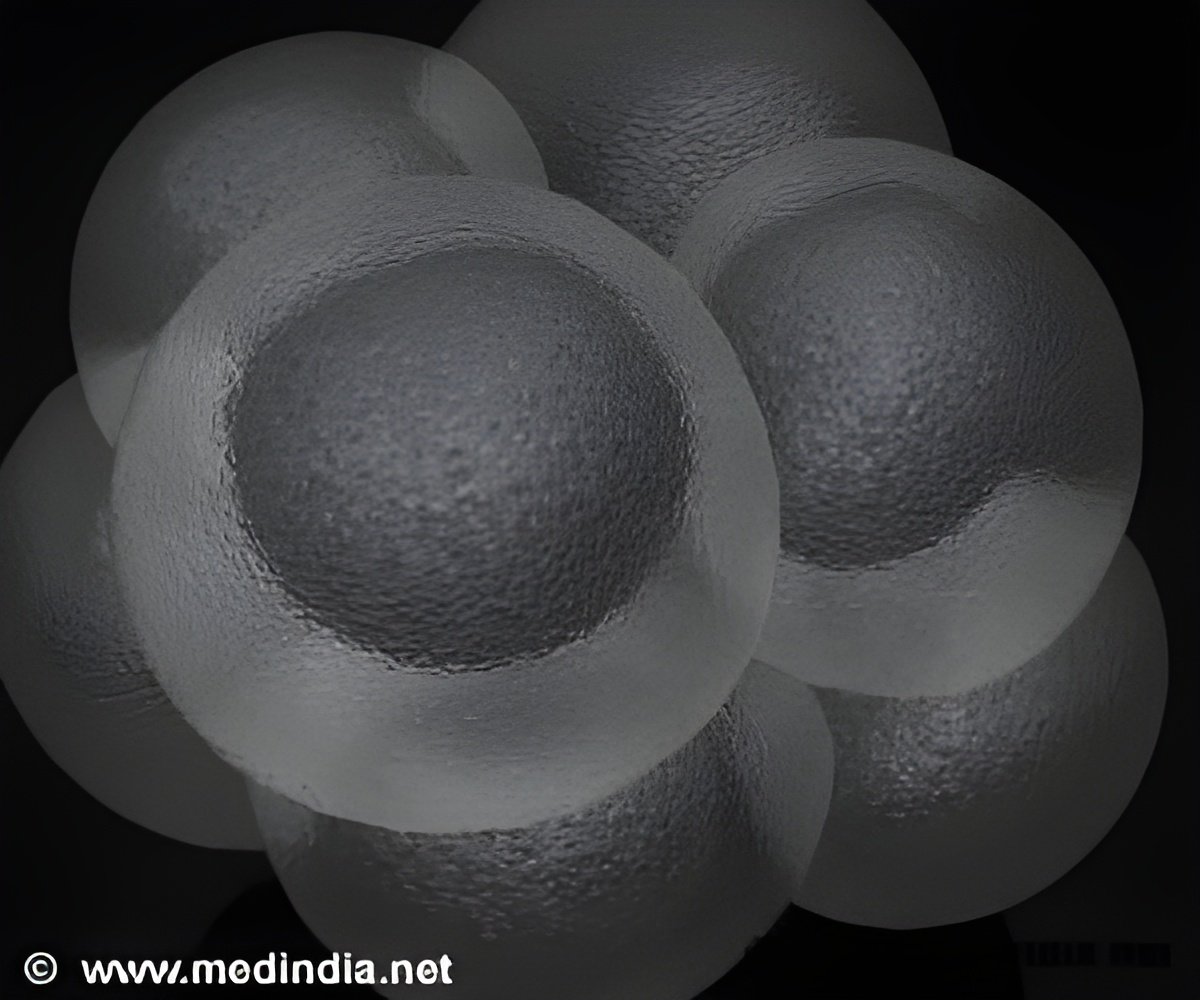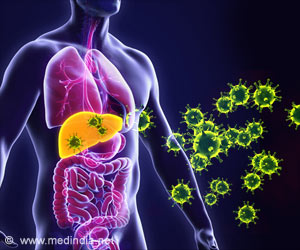
‘HCV-related liver transplantation and post-transplant survival rates in Europe have improved rapidly in the era of direct-acting antiviral drugs.’
Tweet it Now
In the latest research conducted by Dr Perricone and colleagues, data from the European Liver Transplant Registry from between January 2007 and June 2017 were reviewed, involving a total of 36,382 adults who underwent liver transplantation as a result of HCV, HBV, alcoholic liver disease or non-alcoholic steatohepatitis (NASH). To assess the impact of DAAs on liver transplantation rates, data were analyzed in separate treatment eras: the interferon (IFN) era from 2007 to 2010, the protease inhibitor (PI) era from 2011 to 2013, and the second-generation DAA era from 2014 to June 2017. The percentage of liver transplants conducted as a result of HCV infection decreased from 22.8% during the IFN era to 10.6% during the DAA era. In contrast, the percentage of transplants conducted as a result of NASH increased from 1.1% to 6.2%. Within the DAA era, the percentage of liver transplants due to HCV decreased from 21.1% during the first half of 2014 to 10.6% during the first half of 2017.
According to Dr Perricone, the decreased requirement for liver transplantation during the DAA era was more pronounced in patients with HCV related to decompensated liver disease (-68.8%) than in those with HCV-related hepatocellular carcinoma (-34.0%). The 3-year survival of liver transplant recipients with HCV infection has also improved from 65.1% in the IFN era to 76.9% in the DAA era - a survival rate that is now comparable to that of patients with HBV infection (78.0%) (p=0.38).
'Our study provides clear evidence that DAAs are changing the epidemiology of liver transplantation, at least in countries like Italy where the prevalence of HCV infection is high',3 said Dr Perricone. 'We anticipate that rates of HCV-related transplantation will continue to decline as more patients gain access to these highly effective treatments'.
'For the first time in many years, we have also seen improved survival in liver transplant recipients with HCV infection, and this can be attributed directly to the availability of DAA drugs'.
Advertisement
Advertisement













